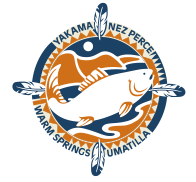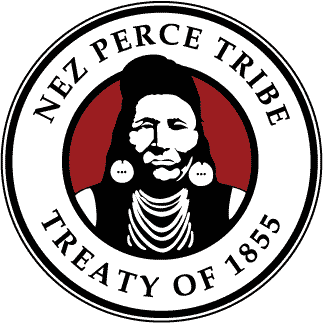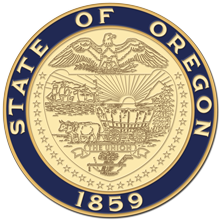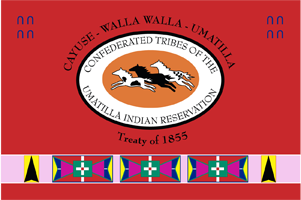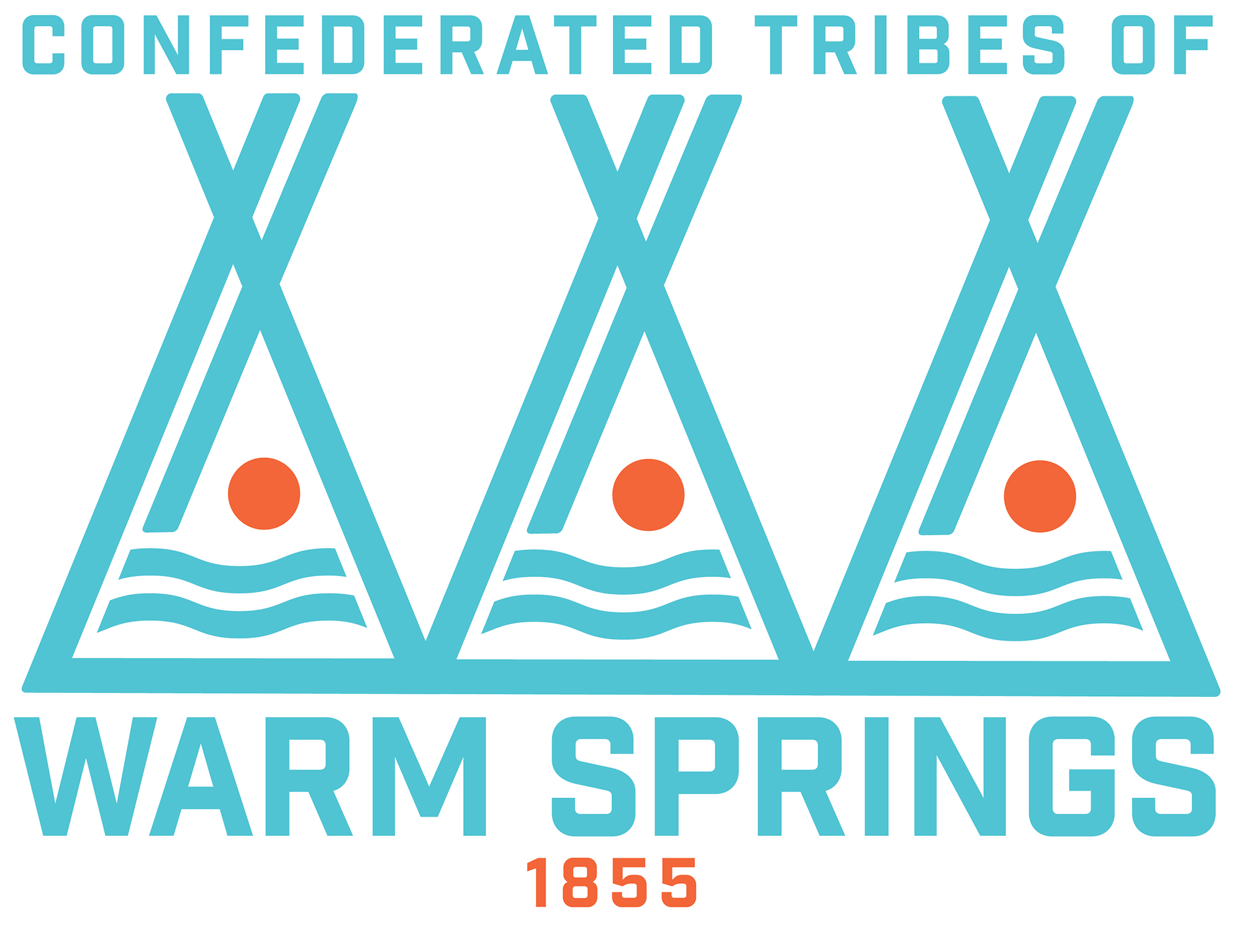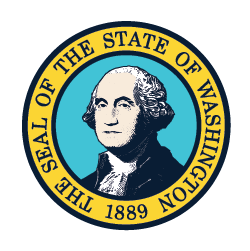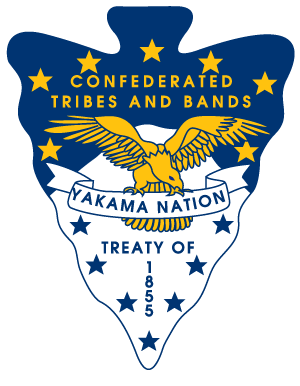Columbia Basin Restoration Initiative
A proposal to the Biden Administration from the "Six Sovereigns"This proposed Columbia Basin Restoration Initiative (the “CBRI”) is informed by decades of collective experience, and represents the collaborative effort of the Six Sovereigns to develop a comprehensive solution to our shared and complex challenges. Moving forward, all Six Sovereigns support the CBRI as the basis for continuing discussions with the federal government and other regional sovereigns and stakeholders.
The past 150 years has brought enormous change to the Columbia River Basin: free-flowing, cool rivers once provided between 10-18 million salmon to the basin. Those salmon nurtured Tribal people’s religion, culture, economies and physical health and the health of Columbia Basin ecosystems for thousands of years. For a time, those salmon populations provided significant economic benefits for early non-tribal settlers in the Pacific Northwest. But rapid population growth and development; prior overharvest in non-tribal fisheries; development of millions of acres of land for industrial, commercial, and agricultural uses; construction, and operation of 14 federal dams on the Columbia and Snake Rivers; and installation of hundreds of small private dams and weirs on the tributaries drastically reduced Columbia Basin salmon populations and the many benefits they once provided to the region, its inhabitants, and ecosystems.
While these transformational changes brought economic growth and new uses of the Basin’s waters, these changes also brought devastating adverse impacts to the original peoples of the Northwest, the environment, and salmon. When Tribes in good faith signed treaties with the US Government that provided for settlement of millions of acres of aboriginal lands, the Tribes expected that in return their Treaty rights to fish would be honored, and that the right to fish meant there would be fish in the rivers. The settlement occurred, but honoring the Treaty right to fish is long past due. It is time to rebalance the allocation of the natural resources of the Columbia River Basin.
Plummeting wild salmon and steelhead runs resulted in the extinction/extirpation of many stocks while putting others on the brink of extinction. Critical habitats have been lost or rendered inaccessible. Today, this crisis is further exacerbated by climate change, which threatens local and regional ecological, cultural, and economic resilience. Elevated air and water temperature, increased drought, reduced snowpack and poor ocean conditions accelerate the decline of imperiled fish stocks and amplify regulatory constraints, water scarcity, fire risk, invasive species, and pathogens that impact numerous economic sectors.
Wild salmon and steelhead from the Snake River Basin are in dire straits, in spite of the fact that the Snake River Basin contains the largest accessible amount of pristine, protected habitat remaining in the Columbia Basin. As the National Oceanic and Atmospheric Administration (NOAA) has recognized, restoring these stocks to healthy, harvestable populations and reducing the currently high likelihood of further extirpation and allowing them to fully utilize high elevation, climate resilient habitat will require breaching the four Lower Snake River dams. Consistent with the Inslee-Murray recommendations, we must act now to invest in replacing the dams’ benefits in order to make breaching a viable policy action. These investments can best ensure a future that includes healthy and abundant salmon and steelhead, reliable and affordable energy systems, a robust economy, and valuable ecosystem services throughout the Columbia River Basin.
To do so, we must take advantage of this unique moment in history. We must commit ourselves to restoring and upholding Tribal and Treaty rights and the sovereign interests of the States. Learning from past mistakes, we must respect the indigenous technological and ecological knowledge of the Tribes who are recognized co-managers of the fishery resource and embrace sound science and engineering to chart a sustainable path forward. Only with bold leadership can we collectively create a future for the Northwest where ecological and cultural resiliency are embraced as a key component of economic prosperity, rather than a casualty of it.
Virtual Press Room
CBRI Materials
Below are materials, fact sheets, source documents, and one-pagers on details, projects, and committments related to the CBRI. New materials will be added as they are developed.
- CBRI overview brochure
- CBRI fact sheet
- CBRI steelhead-specific projects
- CBRI overview: The complete Columbia Basin Restoration Initiative proposal the Six Sovereigns submitted to the Biden Administration.
- CBRI slide deck: A presentation slide deck describing the Columbia Basin Restoration Initiative.
- CBRI-MOU: The Memorandum of Understanding between the Six Sovereigns.
- US Government Commitments to CBRI: A summary of the commitments made by the Federal Government in implementing the Columbia Basin Restoration Initiative.
Press Materials
Photos, releases, and quotes from leaders will me made available on Friday, February 23, 2024.
Background Materials
Below are background materials that relate to the Columbia Basin Restoration Initiative or influenced its development.
- Lower Snake River Dams: Benefit Replacement Report (Murray/Inslee Report). This report describes the range of services and associated benefits currently provided by the dams and the actions that have been considered to replace or improve upon these services and benefits if the dams were to be breached, along with expected results of replacement actions and anticipated costs.
- Recommendations of Governor Inslee and Senator Murray following the Conclusion of the Joint Federal-State Process on Salmon Recovery.
- “Northwest in Transition” presentation. Rep. Mike Simpson (R-ID)’s proposal on Lower Snake River Dam breaching and how to replace the services those dams provide.
- Northwest Power Act of 1980.
